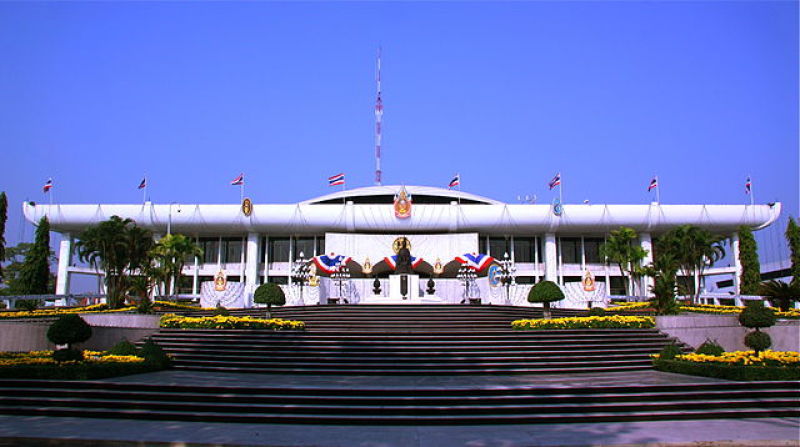
A Thai province joined Islamists in implementing the Sharia law of the Muslim moral code.
The province of Yala in Thailand recently joined local Islamists in implementing the Islamic Sharia law. The local government implemented the rule targeting young unmarried couples who show public display of affection to ensure that they act within Muslims' religious tradition and rules.
In Yala, a Muslim-majority province in Southern Thailand, the military, the police, local administrators, and religious leaders all joined together to enforce the Sharia law. The law derived from the religious precepts of Islam contains rules specifying restrictions on how young unmarried couples should behave in public and sanctions on couples caught violating the ordinance, according to the International Christian Concern.
A part of the Yala implemented Sharia law says young unmarried couples are prohibited from having a private conversation with only a male and a female involved. Every conversation between a male and a female should involve a third-party.
"We're not preventing people from communicating or talking," said Sutimat Mahamad, imam of the Yaha Central Mosque. "But if they are talking, then there should be a third party," the imam added.
The authorities assured that they will only apprehend the couples are caught violating the Sharia law such as speaking to each other in private and publicly displaying affection.
"If there is a third party, we will not get involved at all," Mahamad clarified. "But if they're talking one-on-one, the police will arrest them," the imam concluded, Khaosod English reported.
Couples who will be caught violating the act could face public obscenity charges and could be forced to marry immediately. Parents of both the man and the woman will first be invited for a discussion with the imam before the violators will be set for a forced wedding in a local mosque.
Public obscenity charges filed against young unmarried couples carry an imprisonment penalty that both the man and the woman will have to face after they are forcefully married. The violators may face a penalty of five to 20 years in jail.
Meanwhile, human rights activists worry about the potential civil rights violations and sectarianism that the rule could result in. Human rights activist Angkhana Neelapaijit said that the law puts the young women in the district at risk of getting into forced marriages.
"Forced marriage to restore the honor of the family or community, or to deal with the sexual needs of the youths, is a worrisome situation since it puts the woman or child in a lifetime of pain," said Angkhana.
Some activists are concerned that the Sharia law implemented in Yala could pave a way for constant human rights violations. They worry that the growing Islam radicalism in the South could take advantage of the rule.
On the other hand, members of the Yaha Mosque committee clarified that the rule aims to protect young unmarried couples.
"Our objective is to teach youths to act within religious traditions and rules, far away from drugs, and decrease their risk from being led by those with bad intentions," Anucha Waedayi, a Yaha Mosque committee member said.






























